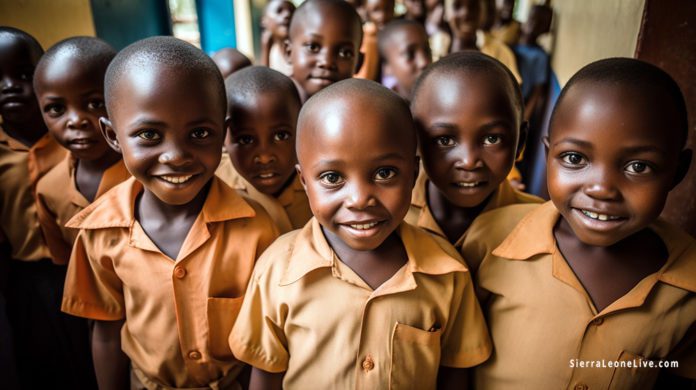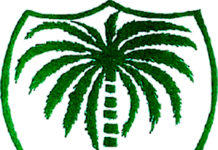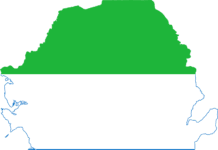
Sierra Leone’s Education Investment: A Five-Year Review of the SLPP Government
By the Sierra Leone Live Team.
In the 2018 SLPP manifesto, the party outlined its vision for Sierra Leone’s educational system and the crucial role it plays in fostering sustainable development.
On page 35, Part III (HUMAN DEVELOPMENT), the manifesto states,
“3.1 Improving Education and Skills Training
Investing in quality education – primary, secondary, and post-secondary (including technical and vocational education and training (TVET) and university) will help transform Sierra Leone’s natural and mineral resources into sustainable development. Education is the key to individual, community and national development. Education helps lift people out of poverty and creates vast new opportunities to reduce unfair income distribution and increase choices. It creates awareness and helps to sustain democracy and peace.”
As Sierra Leone Live embarks on an in-depth analysis of the SLPP’s successes and failures during their last five years in power, we begin with an overview of their commitment to education as a catalyst for change. In the coming weeks, we will evaluate the government’s efforts, evaluate the impact of their policies, and investigate the ongoing dialogue surrounding their initiatives.
Join us as we explore the complexities of educational reform and its impact on Sierra Leone’s future.
The Sierra Leone People’s Party (SLPP) government has faced the challenge of investing in quality education in its pursuit of sustainable development and fair income distribution. Education is essential for individual and communal development, and it plays a vital role in promoting democracy and peace. Over the past five years, the SLPP has implemented several initiatives aimed at enhancing primary, secondary, and postsecondary education, as well as technical and vocational education and training (TVET) and university programs. As Sierra Leone Live investigates the performance of the SLPP, we ask: Did the government rise to the occasion? What do the All People’s Congress (APC) and others have to say about their efforts?
During its time in office, the SLPP introduced the Free Quality School Education (FQSE) program, which aimed to expand access to primary and secondary education for all children in the country. This initiative has led to a substantial increase in school enrollment, with many children from disadvantaged backgrounds gaining access to education. In addition, the government has invested in teacher training and infrastructure improvements, further enhancing the quality of education.
Recognizing their significance in transforming Sierra Leone’s natural and mineral resources into sustainable development, the SLPP has prioritized expanding TVET and university opportunities in the realm of post-secondary education. Initiatives such as the Technical and Higher Education Commission have sought to enhance the quality of higher education by bolstering regulatory frameworks, encouraging innovation, and fostering collaboration between educational institutions and industry partners.
However, critics argue these partnerships do not address systemic problems, such as low teacher salaries, obsolete teaching methods, and inadequate student resources. They argue that the government’s emphasis on access to education, while commendable, overlooks the need for comprehensive education reform to improve learning outcomes and produce a globally competitive workforce.
As the discussion surrounding the SLPP’s education initiatives continues, it is essential to acknowledge the progress made and the areas that still require improvement. The success of Sierra Leone’s education system is crucial to the country’s development, and a comprehensive understanding of the obstacles it faces is required for future policy decisions.
Sierra Leone Live encourages citizens to take an active role in shaping the future of their country’s education system by fostering open and inclusive dialogue. As we delve deeper into the SLPP’s accomplishments and shortfalls over the past five years, your input is indispensable in constructing a comprehensive understanding of the education system in Sierra Leone and Sierra Leone’s Education Investment.



